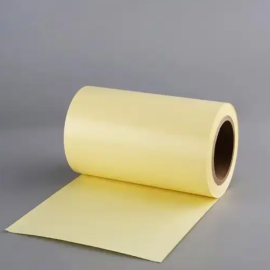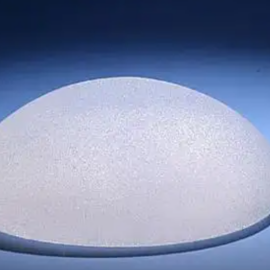With the rapid development of automotive, electronics, aerospace, and other industries, the demand for the excellent performance of vinyl silicone resins is increasing. With the accelerated industrialization in emerging markets such as the Asia-Pacific region, overall, the vinyl silicone resin market is expected to maintain steady growth in the coming years. Why vinyl silicone resins are added to silicone rubber?
Vinyl silicone resins are added to silicone rubber mainly for reinforcement and tackification. Vinyl silicone resin has a small molecular mass, high vinyl and methyl groups, and good compatibility and dispersion with silicone rubber. Under the action of a platinum catalyst, vinyl silicone resin can react with a hydrogen-containing silicone oil cross-linking agent to form a three-dimensional mesh structure, which significantly improves the mechanical properties of silicone rubber, such as hardness, tensile strength, and tear strength. As a high-performance material, vinyl silicone resin, with its unique chemical structure and excellent physicochemical properties, shows great potential for application in many fields.
The application of vinyl silicone resin in silicone rubber is introduced in the following 6 aspects:
- Why introduce vinyl functional groups?
- What are the properties of vinyl silicone resins?
- What is vinyl MQ silicone resin?
- What is the effect of MQ resin dosage on silicone rubber?
- What are the applications of vinyl silicone resin?
- How to choose vinyl silicone resin?
1. Why introduce vinyl functional group?
Vinyl functional group is a functional group with excellent reactivity and cross-linking properties. In silicone light-curing resins, the introduction of a vinyl functional group can significantly improve the flexibility and heat resistance of the resin.
The introduction of vinyl functional groups is usually realized by copolymerization of vinyl monomers with silicone monomers. This copolymerization reaction is usually carried out in the presence of a catalyst. During the copolymerization process, chemical bonding occurs between the vinyl monomer and the silicone monomer to form a silicone polymer with vinyl functional groups.
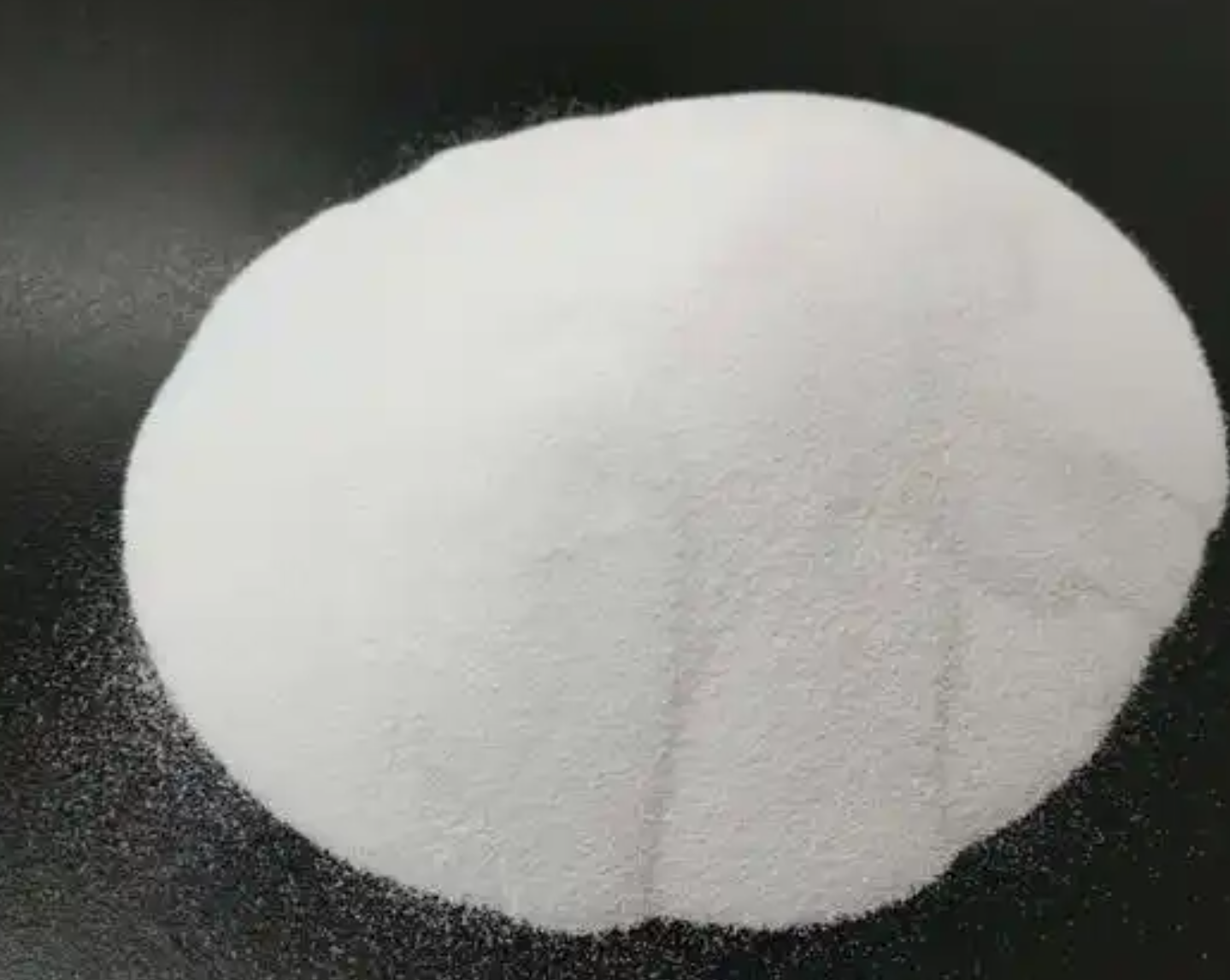
Vinyl-functional silicone light-curing resins have excellent flexibility and heat resistance. They can be used to prepare flexible coatings, high-temperature-resistant coatings, and so on. At the same time, because vinyl functional groups have good processing and film-forming properties, these resins can also be used to prepare films, sheets, and other products.
XJY-8206 Vinyl Methyl VMQ Silicone Resin
XJY-8206 Vinyl Methyl VMQ Silicone Resin is a condensation of tetrafunctional siloxane (Q) and monofunctional methyl siloxane (M). Silicone polymers and silicone compounds made from VMQ materials have physical properties such as wide temperature resistance, abrasion resistance, weather ability, compression deformation resistance, UV radiation resistance, etc., and are harmless to the human body, which can be used in the automotive industry, medical treatment, and food industry.

XJY-8206N VMQ Methyl Vinyl MQ Silicone Resin + Vinyl Dimethicone
XJY-8206N VMQ Silicone Resin (trimethyl vinyl siloxysilicate) is a colorless transparent liquid resin composed of vinyl MQ silicone resin (vinyl t structure fluids) and silicone vinyl dimethicone, which can be used as blend polymers or base polymers for LSR liquid molding silicone rubber, LED encapsulation adhesive, and other two-component molding adhesives.

2. What are the characteristics of vinyl silicone resin?
Methyl vinyl MQ silicone resin has the following excellent properties:
(1) Excellent heat resistance, and low-temperature resistance, can be used in a -60 ℃ to +300 ℃ temperature environment.
(2) Good film formation, adhesion, moderate flexibility, and aging resistance, resistance to ultraviolet radiation.
(3) Very good water repellency.
(4) Vinyl can realize silicon hydrogen addition crosslinking reaction.
(5) Excellent isolation properties, and durability, is a semi-permanent mold release agent.
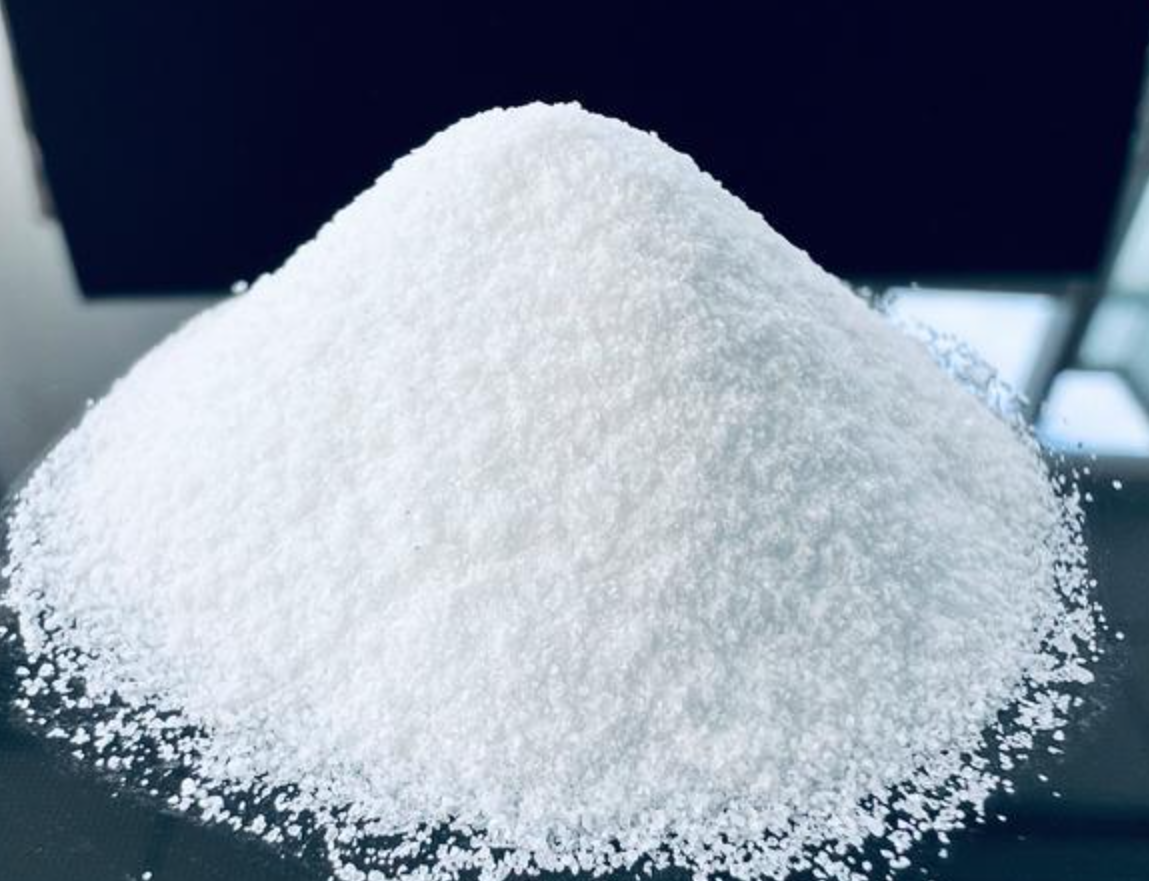
3. What is vinyl MQ silicone resin?
Vinyl silicone resin is a silicone material with a unique chemical structure and excellent performance. Because of the vinyl functional group in its molecular chain, it is able to achieve cross-linking curing through the silicone-hydrogen addition reaction and is widely used in many fields.
Additive silicone rubber is mainly composed of vinyl-containing silicone oil, reinforcing filler, hydrogen-containing silicone oil crosslinking agent, and platinum catalyst. Under the action of platinum catalyst, vinyl-containing MQ resin can be chemically bonded with silicone rubber through the silicone-hydrogen addition reaction with -SiH cross-linking agent, thus forming a three-dimensional mesh structure to play a reinforcing role.
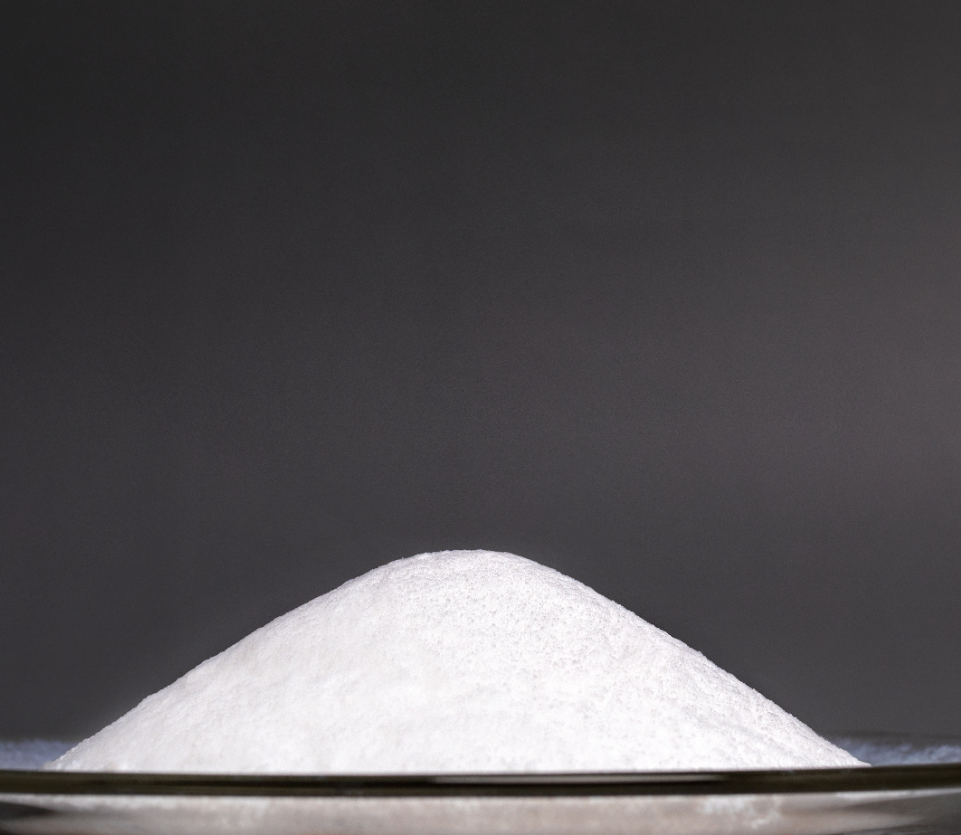
4. What is the effect of MQ resin dosage on silicone rubber?
Vinyl MQ silicone resin on the addition of molding room temperature vulcanized silicone rubber reinforcing viscosity, MQ silicone resin dosage on the mechanical properties of vulcanized silicone rubber, adhesive properties, crosslinking, curing time, electrical insulation properties, volume resistivity, desired hardness, and other effects.
(1) With the increase of MQ silicone resin dosage, the hardness, tensile strength, tear strength, adhesive properties, and crosslinking density of silicone rubber are gradually increased to the optimum value, and then gradually decreased with the increase of the additive amount. The reason for this is that the molecular mass of MQ silicone resin is relatively small and the vinyl content is relatively high. It has better compatibility and dispersion in silicone rubber, and chemically bonded with silicone rubber. However, when the crosslinking density is too large, the crosslinking points are not uniformly distributed, forming a stress concentration, the silicone rubber becomes hard and brittle, and the silicone rubber is easy to rupture under stress.
(2) In addition cure systems, curing time is prolonged with the increase of MQ dosage, which is due to the small molecular size and high vinyl content of MQ, which can preferentially react with hydrogen-containing silicone oil, thus delaying the reaction between silicone hydrogen and vinyl silicone oil until MQ is consumed.
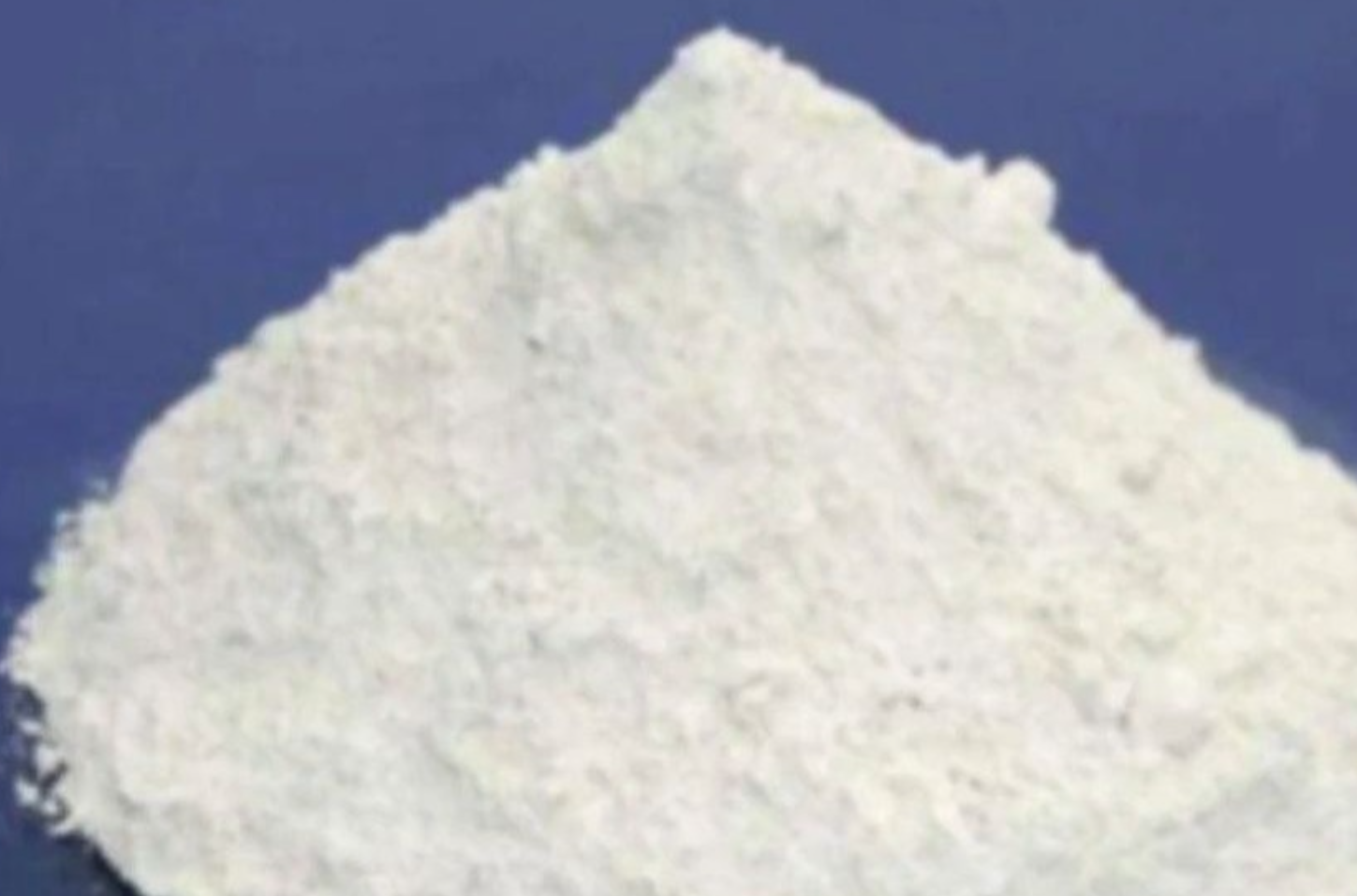
(3) As the amount of MQ resin increases, the dielectric constant of silicone rubber increases to a maximum value and approaches equilibrium. Because of the MQ resin silicon hydrogen addition reaction, the introduction of Si-OH polar groups in the silicone rubber, resulting in an increase in the dielectric constant, but the amount of MQ resin is too large, the silicone rubber cross-linking is excessive, restricting the activity of the polar groups, so that the dielectric constant tends to stabilize. However, the dielectric properties of silicone resin are still lower than those of general rubber.
(4) With the increase in vinyl content of MQ silicone resin silicone rubber tensile strength increases and then decreases, elongation is basically with the increase in vinyl content and decrease. This is because with the increase of vinyl content in MQ silicone resin, the intermolecular bonding through the chemical combination of crosslinking points increased, the tensile strength of its vulcanized rubber also gradually increased, but the crosslinking density exceeded a certain value, the tensile strength instead of decreasing.
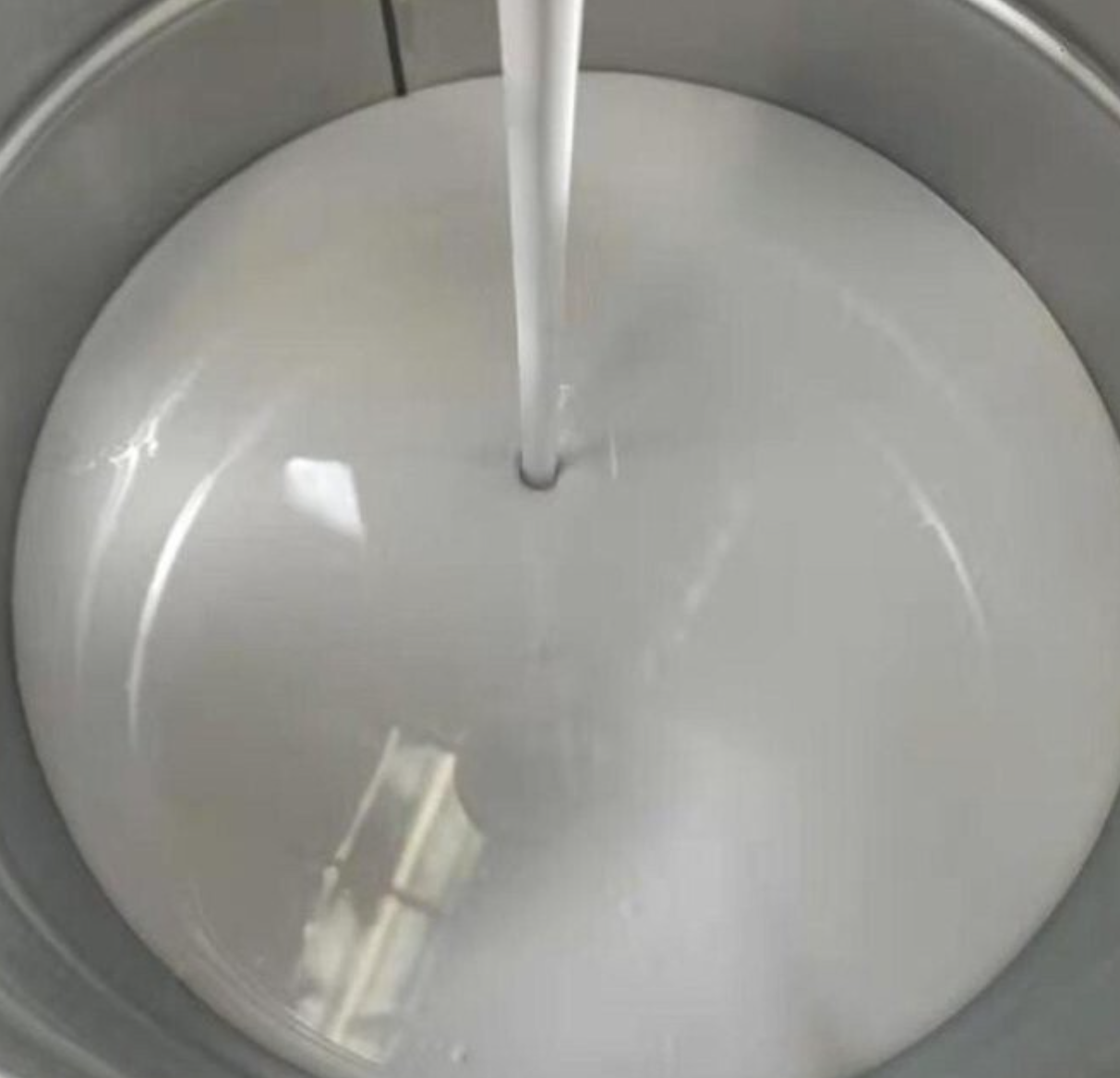
5. What are the applications of vinyl silicone resin?
5.1 Dental field
(1) Dental impression materials
Vinyl polysiloxane (VPS) is an important part of dental impression materials. vinyl polysiloxane (VPS) materials have the following advantages:
High precision and detail reproduction: able to accurately reproduce the fine structure of the tooth, ensuring high precision of the impression.
Good biocompatibility: does not cause allergic or toxic reactions when used in the oral cavity.
Ease of handling: good fluidity and thixotropy, easy to handle.
Dimensional stability: even in different environments can maintain a stable size.
(2) Denture production materials
Vinyl Silicone Resin can also be used for denture base and restorative materials:
High elasticity and strength: able to withstand chewing force and prolong the service life of denture.
Good abrasion resistance: reduce the wear of dentures in long-term use.
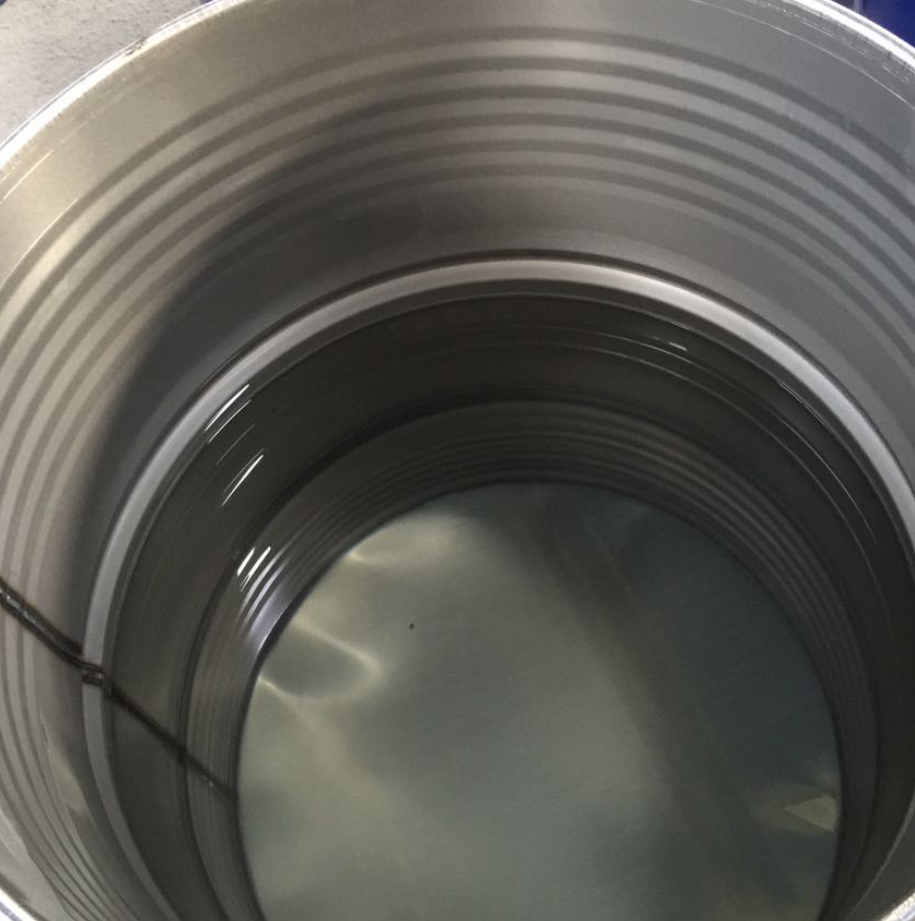
5.2 Electrical and Electronic Field
(1) Encapsulation materials
Vinyl silicone resin has important applications in electronic encapsulation:
High transparency and light transmission: suitable for LED encapsulation, optical lenses, and other materials.
Reinforcement properties: through the silicon hydrogen addition reaction, vinyl MQ silicone resin can significantly improve the mechanical properties of the encapsulation material.
(2) Pressure-sensitive adhesive
Vinyl silicone resin can be used to adjust the performance of pressure-sensitive adhesives:
Peel force adjustment: By controlling the vinyl content, the peel force of pressure-sensitive adhesives can be adjusted.
Enhancement of adhesion: improve the adhesion performance of pressure-sensitive adhesive to different substrates.
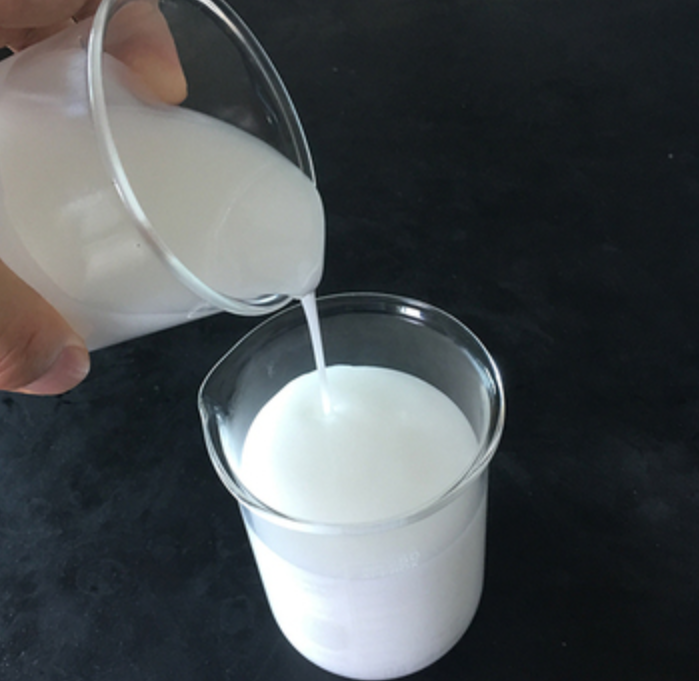
5.3 Construction field
(1) Waterproof coating
Vinyl silicone resin has excellent water repellency and is widely used in building waterproof coatings:
Hydrophobic effect: the coating formed can effectively waterproof, rainwater will form water droplets on the surface and roll off.
Weather resistance: It can still maintain good waterproof performance after long-term exposure to the natural environment, and also has UV resistance.
(2) Building Sealant
Vinyl silicone resin can be used in construction sealant to provide a good waterproofing effect.
5.4 Release agent
Vinyl silicone resin has excellent isolation properties and can be used as a mold release agent:
Semi-permanent mold release agents: provide long-lasting and durable mold release properties.
Good compatibility: able to be compatible with a wide range of materials, reducing adhesion during the mold release process.
5.5 Other fields
(1) Optical materials
Vinyl silicone resin can be used for optical grade encapsulated silicone with high transparency and good optical properties, which can increase refractive index.
(2) Daily chemical products
Vinyl silicone resin can be used to make lipstick and other daily chemical products, with good flexibility and water resistance.
6. How to choose vinyl silicone resin?
Vinyl silicone resin is expected to be further developed and applied in more fields in the future due to its excellent performance and wide application prospects. Especially in the electrical electronic and medical fields, the application scope of vinyl silicone resin will be further expanded with the continuous progress of technology. How to improve the competitiveness of products?
XJY Silicone is one of the leading silicone MQ resin and VMQ silicone manufacturers in China, with more than 30 years of R&D and manufacturing experience in the silicone industry, and more than 15 related patents and technical support. Our VMQ silicone raw material products can meet the needs of many fields and provide diversified customized solutions for qualified industrial users.
![]()

